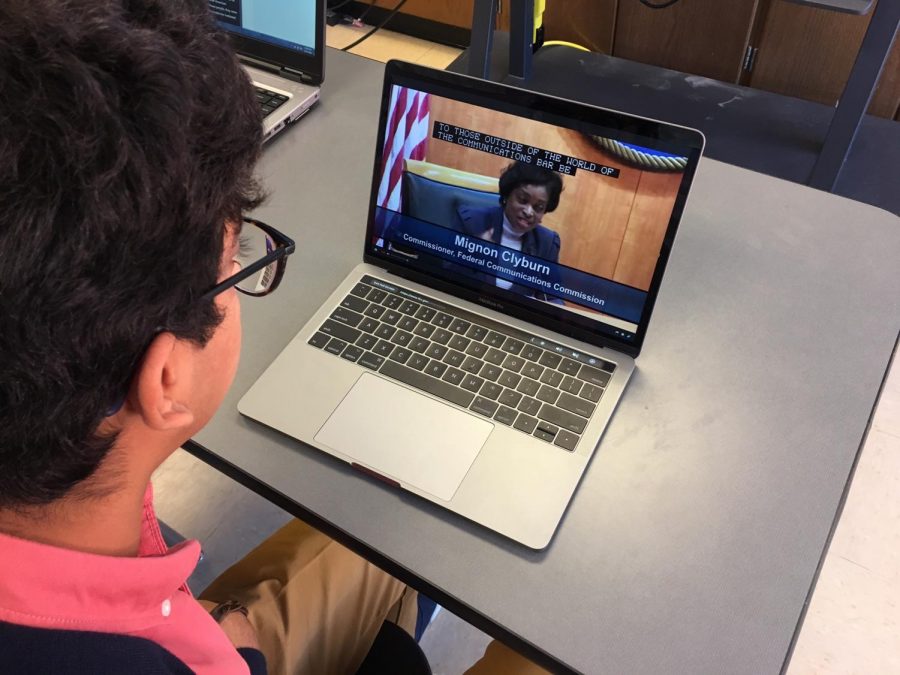Net Neutrality: What It’s All About
If you’ve looked at the news (or even been online) recently, you’ve probably seen something about net neutrality. But even though so much has been posted about this topic, many people still have no idea what net neutrality is.
Net neutrality by definition is: the principle that Internet service providers (ISPs) should enable access to all content and applications regardless of the source, and without favoring or blocking particular products or websites. Without net neutrality a company such as Comcast would be allowed to slow down connectivity or block access to competing companies such as Netflix. Large, frequently used websites will have an advantage over smaller ones because large sites can make expensive deals with ISPs that smaller websites cannot afford. There will be no new Snapchat, Vine, Facebook, or Instagram success stories and platforms because the creator will never have the funds to start. This makes already big companies even bigger and cuts out smaller ones.
Ajit Pai, the chairman of the Federal Communications Commission (FCC), is strongly against net neutrality laws. When he proposed the removal of these laws, Pai stated that “the federal government will stop micromanaging the internet.” and that “The FCC would simply require internet service providers to be transparent about their practices.” This means that ISPs can do whatever they want with your internet as long as they tell you first. Despite the overwhelming protests against the net neutrality repeal, the FCC voted to repeal the laws in a 3-2 vote.
Why is this happening? Surely officials know that the public is for net neutrality? These officials profit from funding donated by the big businesses that will make money without net neutrality. Telecom services (Comcast, DISH, AT&T, etc.) gave $61,683,551 to officials this year. With the repeal of net neutrality the internet will become a monopoly as strong media outlets are controlled by these big businesses. This only leads to big businesses being able to spend more money on officials to keep net neutrality laws from coming back into place, creating a loop of these businesses getting richer and pulling us away from the internet as we know it.
Although the decision has been made, we don’t have to sit back and accept it. Congress can use the Congressional Review Act to vote on a “Resolution of Disapproval” that overrules the FCC vote. We need to continue talking about net neutrality and hold elected officials and companies responsible. We can win.







